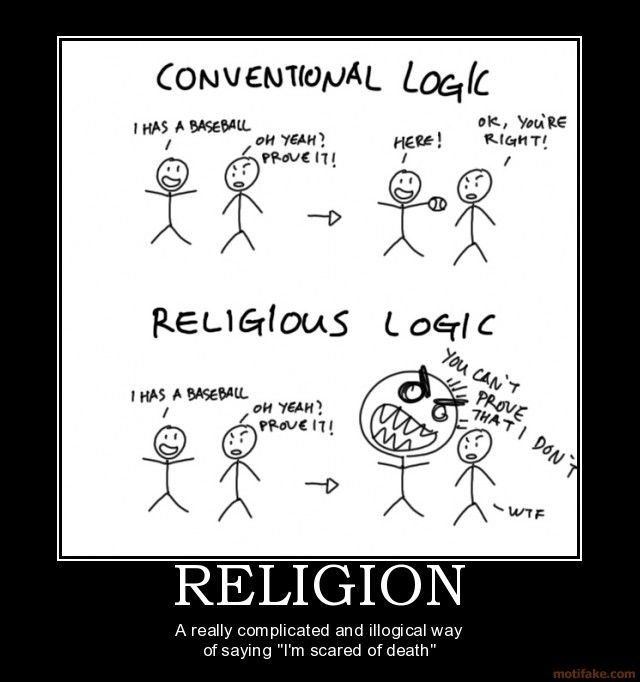Book Banning Gets My Goat! (A Red-Goat Short Ranty-time Thing)

Book Banning Gets My Goat “Yes, the hard-bound human mind, like the hard-bound soil, has to be ploughed up. Let it shriek as it will, the work must be done, or the light and air will never penetrate, and an ocean of seeds will lie barren on the surface.” – G.W. Foote I know many of my rants are dedicated to the perceived ills of religion, but there are other certain things that will get under my skin just as deeply as a religious injustice, and mainly it is the idiocy and the general injustice which comes with willful ignorance. Browsing the news, we discover it reported that the Idaho school district of Meridian has recently banned Native American author Sherman Alexie’s latest book The Absolutely True Diary of a Part-Time Indian for allegedly containing bad language, sexual content, and anti-Christian content. The book having been banned cause somewhat of an outcry among the Meridian district students at Junior Mountain High School who contested the ban. With the ...






